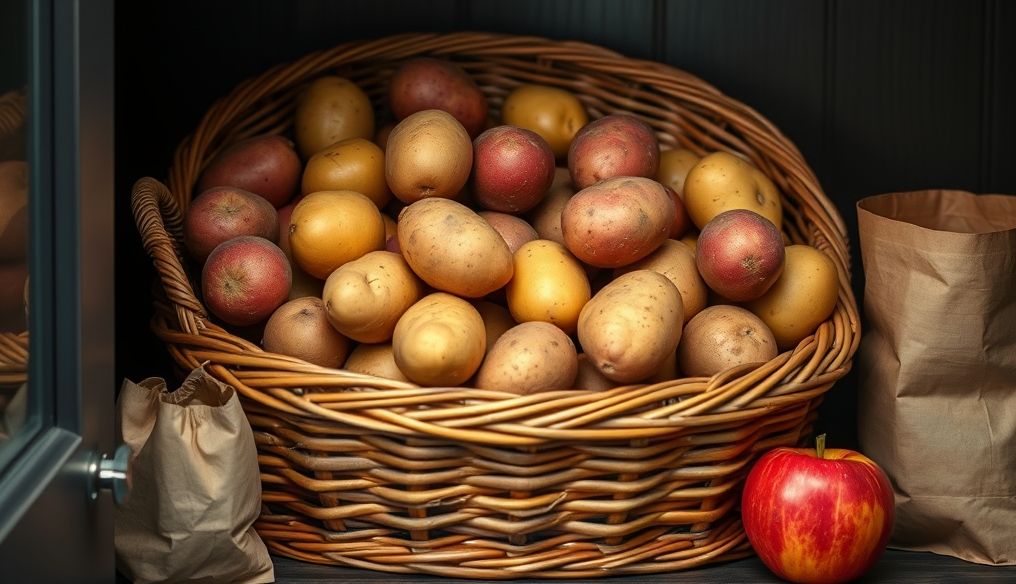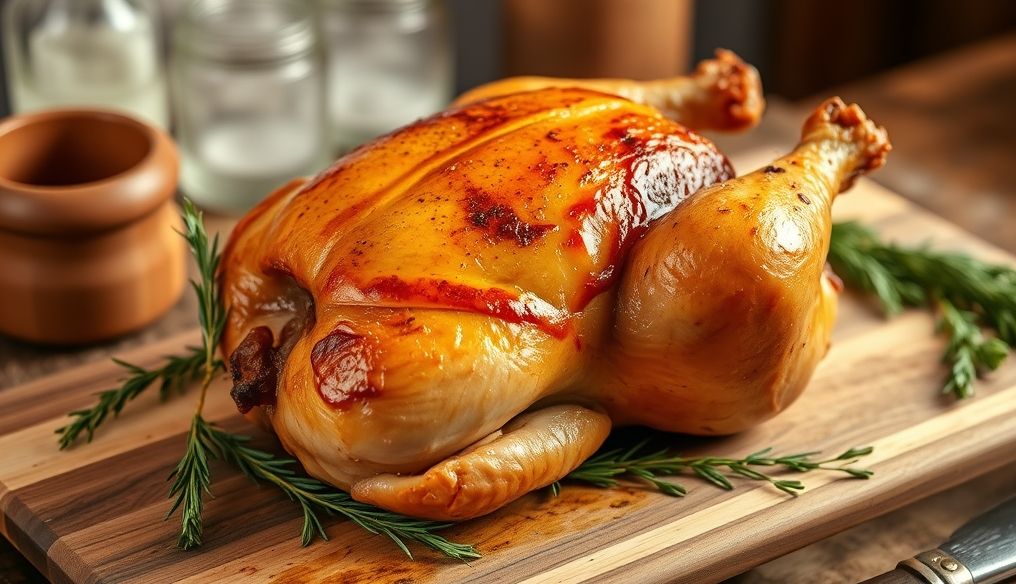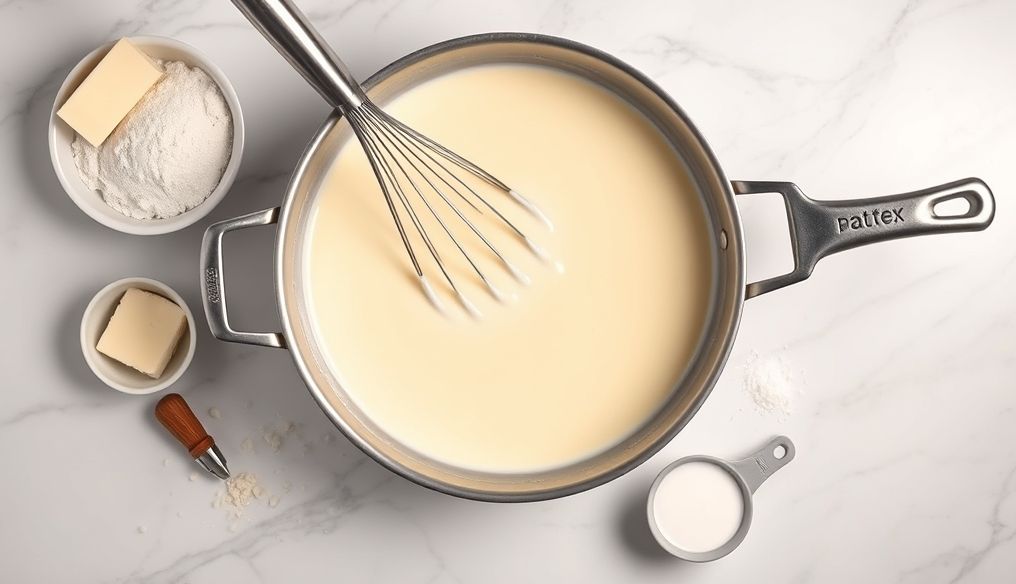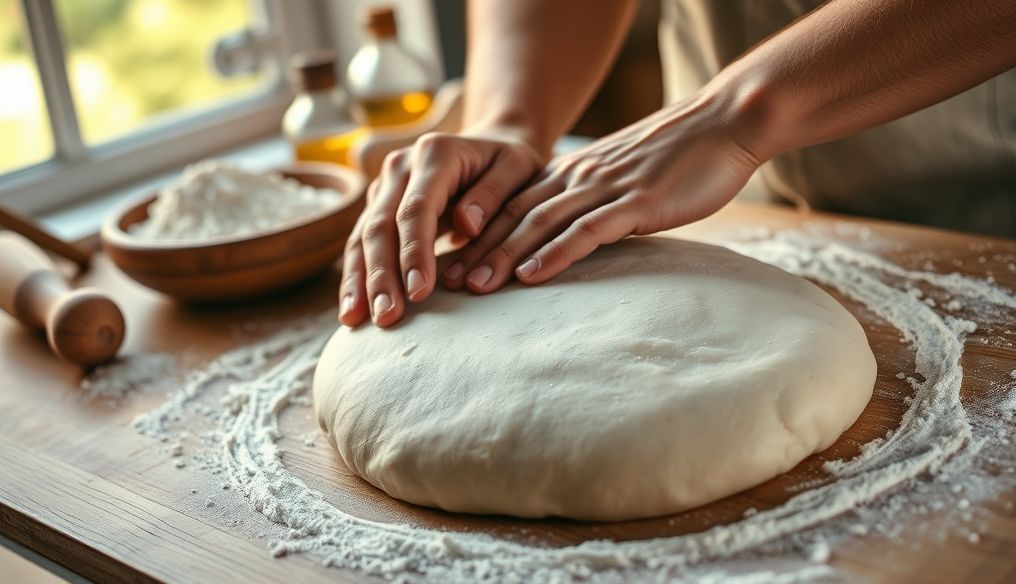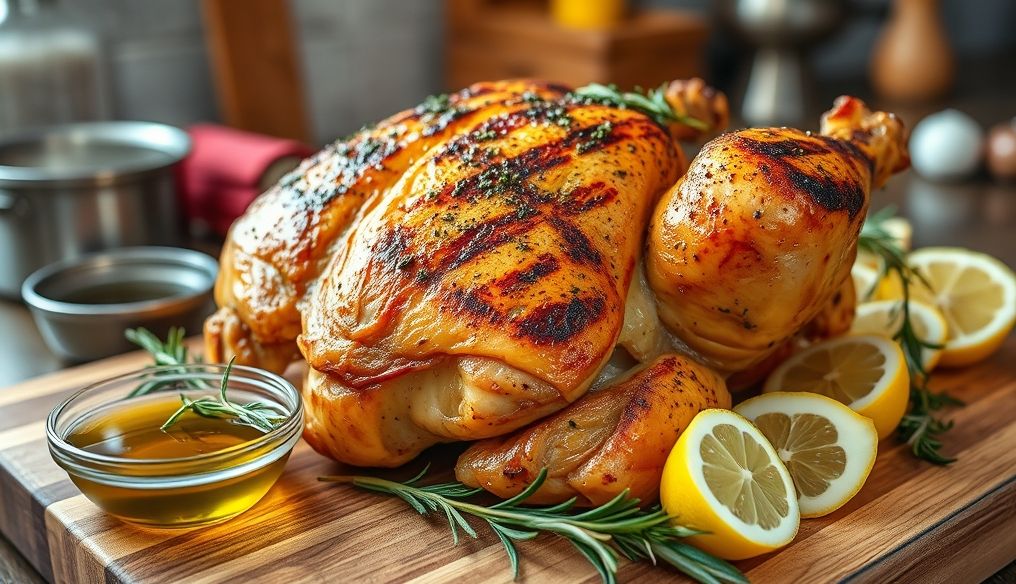What is the Best Way to Store Potatoes and Prevent Sprouting?
Potatoes are a staple vegetable in many households, but storing them properly can be a challenge. Potatoes are prone to sprouting and spoilage if not stored in the right conditions. In this article, we will explore the best ways to store potatoes and prevent them from sprouting, considering the various factors that affect their quality.
Why Potato Sprouting Matters
Potato sprouting is not just an aesthetic problem; it also affects their nutritional value and taste. Sprouted potatoes produce solanine, a toxic substance in large quantities. Although removing the sprouts may reduce the level of solanine, heavily sprouted potatoes may be unsafe to consume.
Factors Affecting Potato Storage
Several factors influence the shelf life of potatoes and how to store them:
- Light: Exposure to light stimulates the production of chlorophyll (which turns potatoes green) and solanine, accelerating the sprouting process.
- Temperature: The ideal temperature for storing potatoes is between 7-10 degrees Celsius (45-50 degrees Fahrenheit). High temperatures accelerate sprouting, while very low temperatures (like the refrigerator) convert starch to sugar, affecting taste and texture.
- Humidity: High humidity can encourage mold and fungal growth, while very low humidity may cause potatoes to dry out and shrivel.
- Ventilation: Good ventilation helps prevent moisture buildup and reduces the risk of spoilage.
Best Ways to Store Potatoes
1. Choosing the Right Location
The ideal place to store potatoes should be:
- Dark: Avoid places exposed to direct or indirect light.
- Cool: Maintain a temperature between 7-10 degrees Celsius.
- Well-Ventilated: Ensure good air circulation to prevent moisture buildup.
- Dry: Avoid damp places like under the sink.
Examples of suitable storage locations:
- Basement: If you have a cool, dark basement, it is an ideal place to store potatoes.
- Pantry: If your pantry is cool and dark, it can be used to store potatoes.
- Dark Cupboard: A dark cupboard in the kitchen or dining room can be used.
2. Using Suitable Storage Containers
Choosing the right container for storing potatoes is very important. Here are some options:
- Wicker Basket or Box: These containers allow good ventilation and prevent moisture buildup.
- Paper Bag: A perforated paper bag can be used to store potatoes. Avoid plastic bags, as they trap moisture.
- Potato Storage Container: Specially designed potato storage containers are available on the market, featuring good ventilation and protection from light.
3. Avoid Storing Potatoes Next to Onions
Onions and potatoes release gases that accelerate the spoilage process. Therefore, it is best to store them in separate locations.
4. Do Not Wash Potatoes Before Storing
Washing potatoes before storing them increases moisture and increases the risk of mold and fungal growth. It is best to wash potatoes just before using them.
5. Check Potatoes Regularly
Regularly inspect stored potatoes to ensure there are no signs of spoilage or sprouting. Remove any damaged potatoes to prevent the spread of spoilage to other potatoes.
Additional Tips to Prevent Potato Sprouting
- Place an Apple with the Potatoes: Apples release ethylene gas, which slows down the sprouting process.
- Use Peppermint Oil: Sprinkle a few drops of peppermint oil on a cloth and place it in the potato storage container. Peppermint oil helps prevent sprouting.
- Avoid Storing Potatoes Near Heat Sources: Such as the oven or stove.
What to Do if Potatoes Have Sprouted?
If potatoes have sprouted, you can remove the small sprouts and eyes before cooking them. However, if the potatoes are heavily sprouted or have become soft or wrinkled, it is best to discard them.
The Effect of Storage on the Nutritional Value of Potatoes
Proper storage of potatoes helps maintain their nutritional value. Potatoes are a good source of vitamins, minerals, and fiber, but these nutrients can deteriorate over time if potatoes are not stored properly. For example, the vitamin C content in stored potatoes can decrease over a long period.
Conclusion
Storing potatoes correctly requires following a few simple steps. By choosing the right location, using suitable storage containers, and avoiding storing potatoes next to onions, you can keep potatoes fresh and prevent them from sprouting for longer. Remember to check the potatoes regularly and remove any damaged potatoes. By following these tips, you can enjoy delicious and nutritious potatoes for longer.
Frequently Asked Questions About Potato Storage
- Can potatoes be frozen? Yes, potatoes can be frozen after blanching or partially cooking them. Potatoes should be cooled before freezing.
- How long can I store potatoes? Potatoes can be stored for up to several months if stored properly.
- Can I store potatoes in the refrigerator? It is not recommended to store potatoes in the refrigerator, as low temperatures convert starch to sugar, affecting the taste and texture.
- What are the signs of potato spoilage? Signs of potato spoilage include excessive sprouting, green color, softness, wrinkles, and foul odors.
